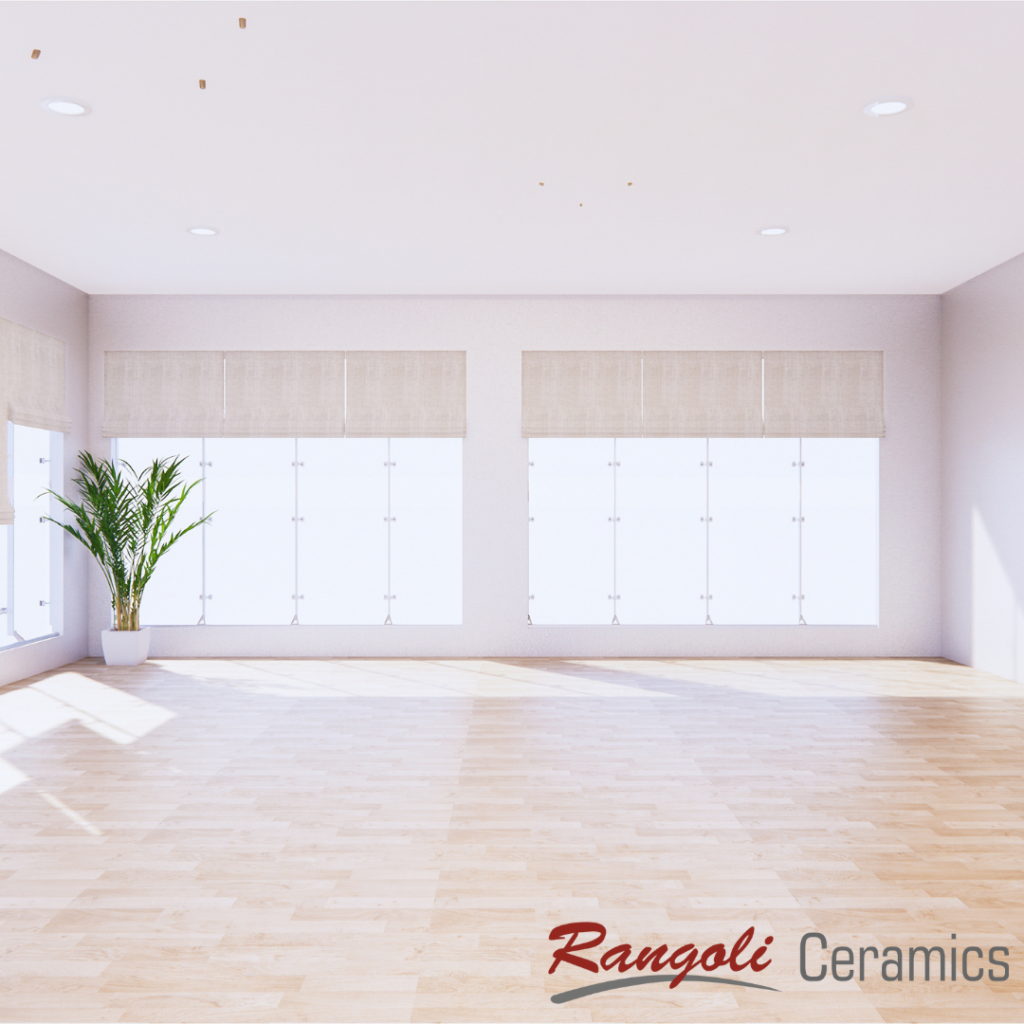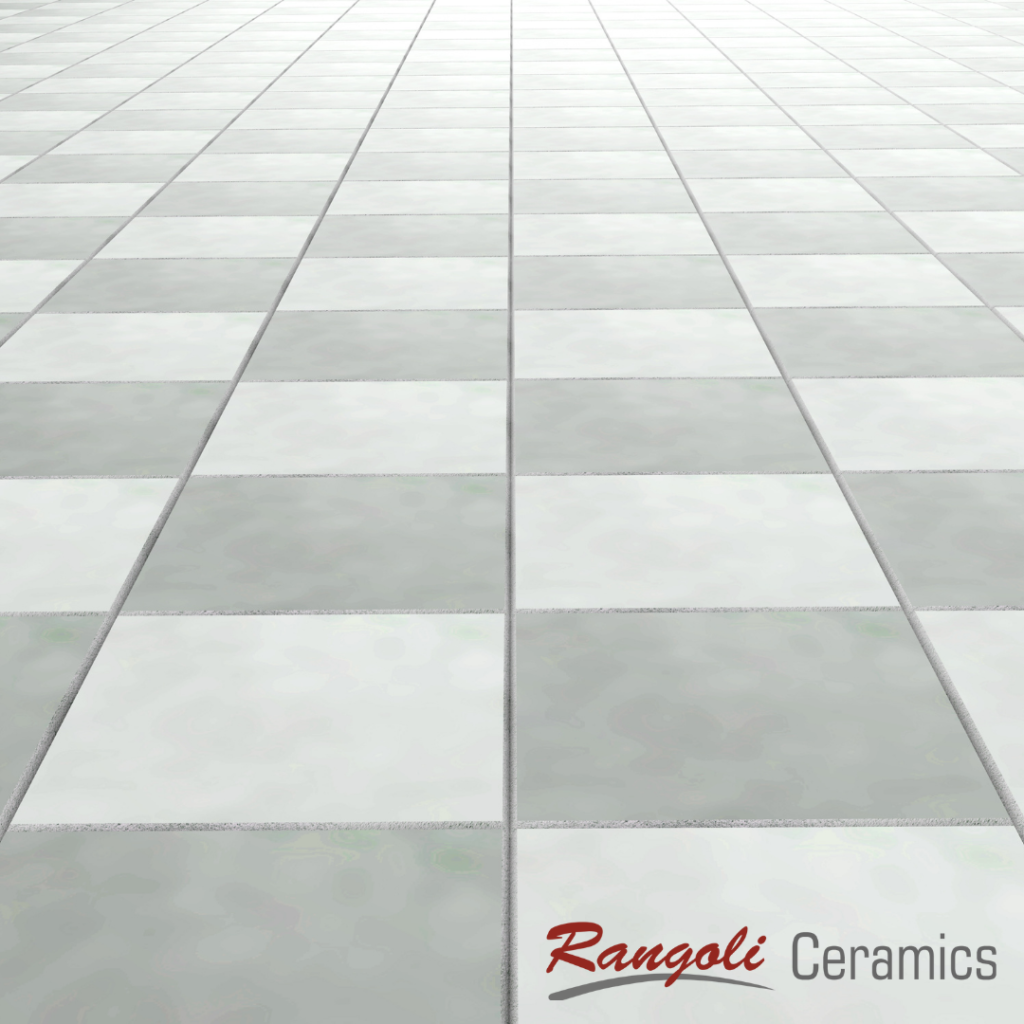In this article we are going to discuss about Why do tiles pop up? Have you ever experienced the frustration of walking across your floor only to feel a tile suddenly pop up beneath your feet? This phenomenon, known as “tile popping,” is a common household issue that can be both perplexing and irritating. To understand why tiles pop up, we need to explore the intricacies of construction materials, temperature changes, structural stresses, and more.
Why do tiles pop up?
In this article, we will delve into the various factors that contribute to tiles popping up and unravel the scientific explanation behind this intriguing occurrence.
The Anatomy of Tiles
Before we delve into the reasons behind tile popping, let’s familiarize ourselves with the basic structure of tiles. Tiles are typically made from materials such as ceramic, porcelain, or natural stone. These materials are secured in place using adhesive that bonds the tile to the underlying surface. Over time, this adhesive can weaken, causing the tile to become loose and eventually pop up.

Temperature Fluctuations: A Significant Factor
One of the primary culprits behind tile popping is the fluctuation in temperature. Tiles have the tendency to expand when exposed to heat and contract when subjected to cold. This constant expansion and contraction exert stress on the adhesive holding the tile in place. Over time, this stress weakens the bond between the tile and the surface, ultimately resulting in the tile becoming loose and popping up.
In regions characterized by extreme temperature variations, such as locations with scorching summers and frigid winters, the phenomenon of tile popping is more prevalent. The substantial expansion and contraction caused by these temperature shifts can exert enough force to dislodge tiles that are not firmly adhered.
To know more about ceramic tiles price you can checkout this. As well as to buy tiles you can visit the tiles shop in Bikaner i.e Rangoli Ceramics.
Moisture and Humidity Influence
Moisture and humidity also play a pivotal role in the occurrence of tile popping. When moisture seeps through the grout lines or infiltrates the edges of the tiles, it can compromise the adhesive’s integrity. Over time, this compromises the adhesive’s bonding strength, making it easier for the tile to detach and pop up.
Spaces prone to water exposure, such as bathrooms and kitchens, are especially susceptible to tile popping due to the elevated moisture levels. Additionally, areas with inadequate ventilation can exacerbate the issue by trapping moisture and inhibiting its evaporation.
Inadequate Installation Techniques
Another common contributor to tile popping is improper installation. If tiles are not set accurately using the appropriate adhesive and technique, they are more likely to come loose over time. This can occur if the adhesive is unevenly applied, if the surface is not suitably prepared prior to installation, or if the tiles are not adequately pressed into position.
Using an incompatible adhesive for a specific tile type or surface can also lead to a feeble bond, resulting in eventual tile popping. Adhering to manufacturer guidelines and best practices for installation is essential to ensure a robust and enduring bond.
Structural Movements and Settlement
The structural foundation of a building can also trigger tiles to pop up. As buildings settle over time, minor shifts can transpire. While these shifts might not be immediately noticeable, they can exert stress on the tiles and the adhesive that holds them.
Subfloor movement is another notable structural issue that can induce tile popping. If the subfloor lacks stability or proper preparation, it can shift or settle, exerting stress on the tiles above. This stress weakens the adhesive bond and can ultimately lead to tiles popping up.
Read Also: Why do ceramic tiles crack?
Wear and Tear Accumulation
Tiles located in high-traffic areas are more prone to wear and tear, which can contribute to tile popping. The continuous foot traffic, heavy loads, and occasional impacts gradually weaken the adhesive bond. As the bond weakens, the likelihood of tiles popping up increases.

Preventive Measures and Solutions
While tile popping can undoubtedly be aggravating, there are steps you can take to mitigate the issue:
1. Accurate Installation
Ensure that tiles are installed by professionals employing the correct techniques and adhesives.
2. Choose Quality Materials
Invest in high-quality tiles and adhesives to ensure a more durable bond.
3. Regular Maintenance
Routinely inspect tiles for signs of cracking, shifting, or looseness. Taking quick action to address these issues can stop them from getting worse.
4. Grout Maintenance
Properly seal grout lines to thwart moisture infiltration and safeguard the adhesive’s strength.
5. Temperature and Humidity Management
Maintain a consistent indoor environment with controlled temperature and humidity levels to minimize stress on tiles.
6. Exercise Caution
Be mindful when moving heavy objects or using heavy equipment near tiled surfaces.
Conclusion
Although tile popping might seem like an enigmatic puzzle, comprehending the contributing factors can empower us to tackle the issue head-on. From temperature fluctuations and moisture intrusion to inadequate installation techniques and structural shifts, an interplay of elements can trigger tiles to pop up. By adopting preventive measures and addressing concerns promptly, you can ensure that your tiles remain securely in place, creating a stable and visually appealing ambiance that stands the test of time. So, Now I hope you have understood about that why tiles pop up.

